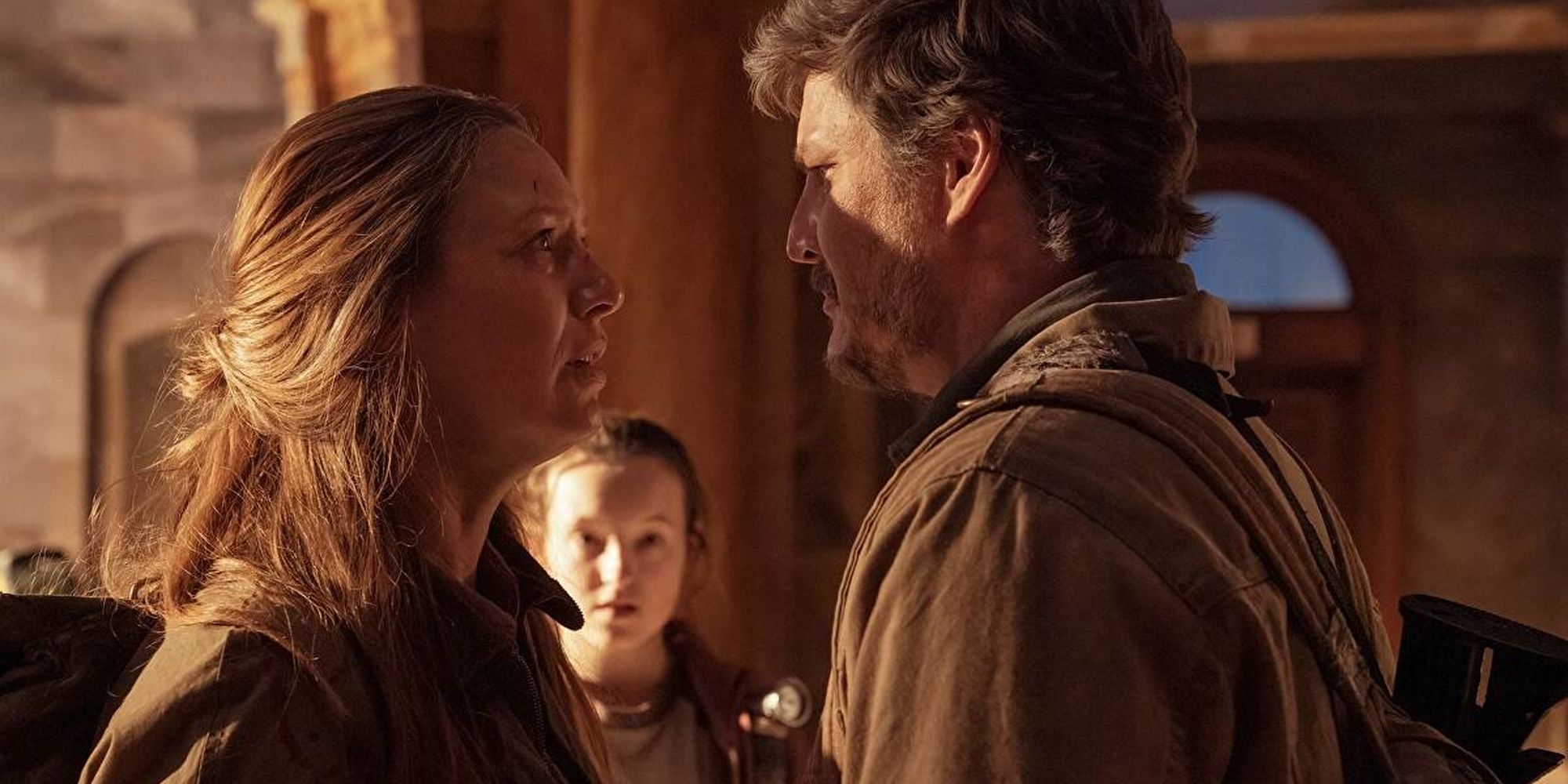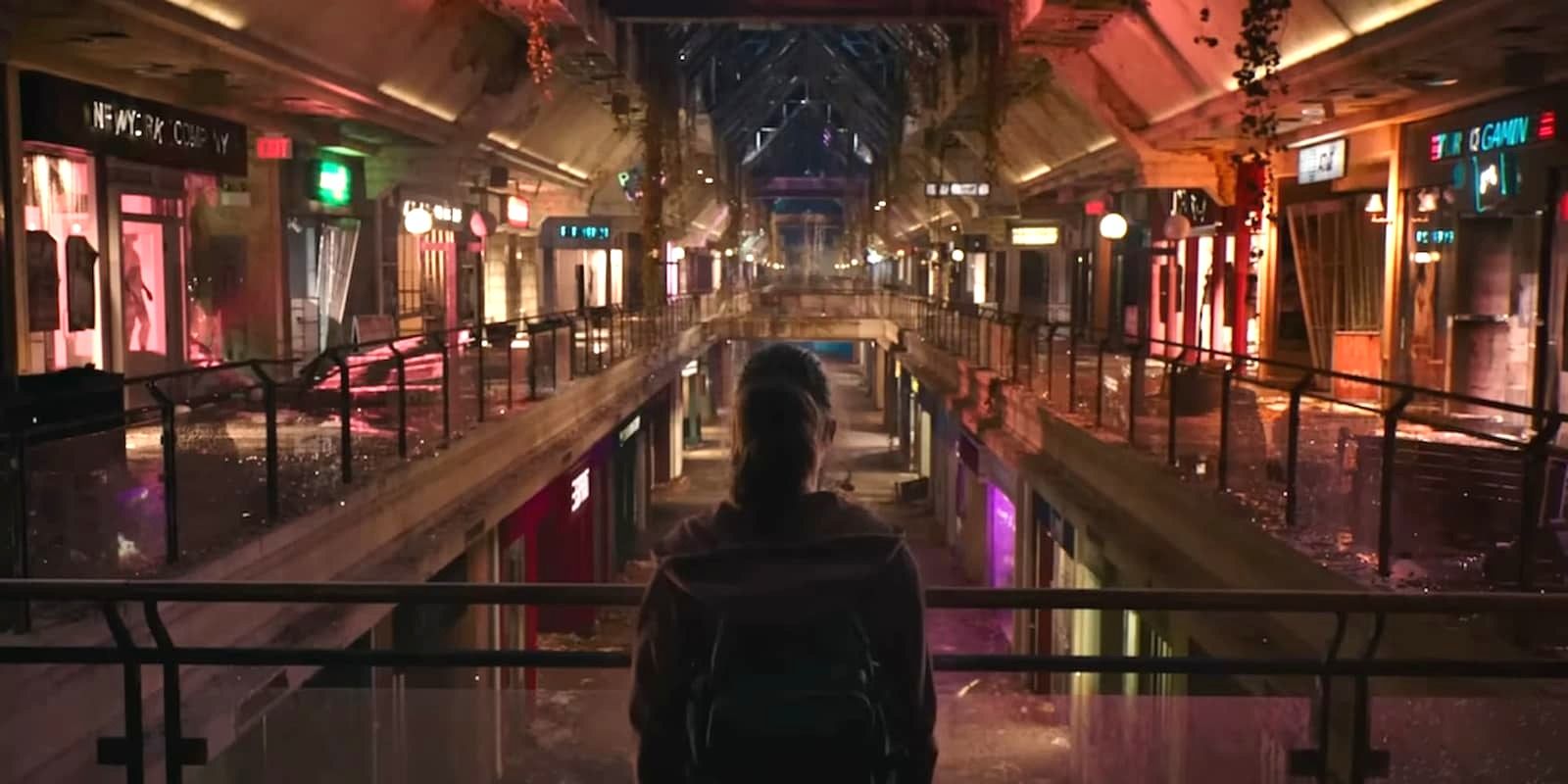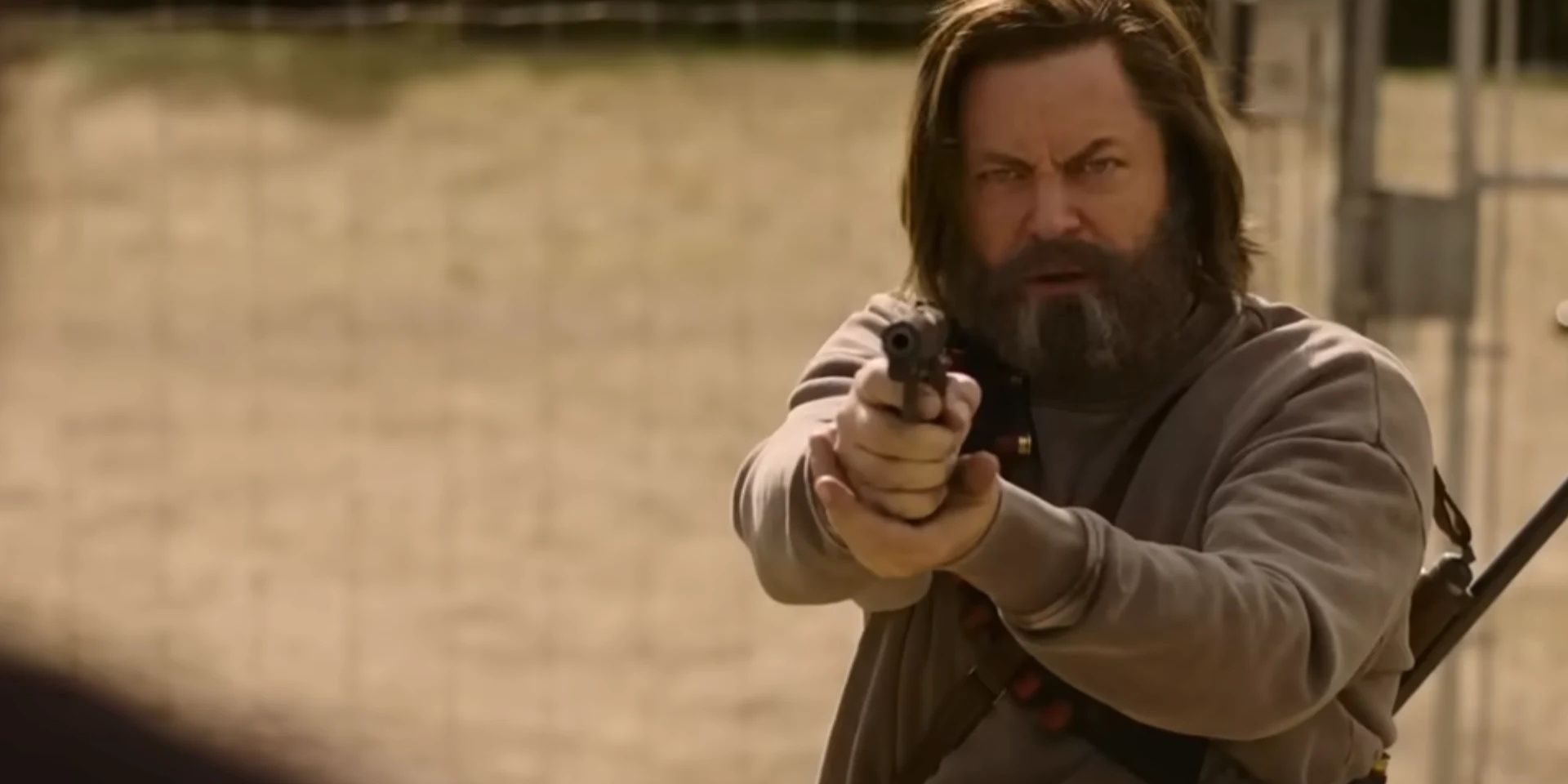HBO’s The Last of Us is a great show, but after sitting on it for a few months, I’ll admit much of the praise feels overblown. Aside from Bill and Frank’s fantastic bottle episode and strong performances from Bella Ramsay and Pedro Pascal, it’s a relatively safe adaptation of the source material which didn’t push post-apocalyptic storytelling forward much as it should have.
Perhaps this divisive reaction towards the series’ 24 Emmy nominations this week is thanks to my intimate familiarity with Naughty Dog’s masterpiece, and how its success has become so ingrained in the world of triple-A gaming that to see the very same storytelling principles expressed on television and then hailed as some sort of newfound triumph can’t help boggle my mind. Lines and shot composition are pulled verbatim from the game, to such a point that I sat watching certain scenes waiting to see if the show would deliver the same plot beats in anything resembling a new way, all while knowing my internal bias was always going to label them as coming up short.
Among other controversies, our own Stacey Henley talked about elements of favouritism in this year’s nominees, and how it reflects poorly on the viewing habits of voters who prefer to put all their eggs in one basket rather than expand their viewing habits. Perhaps The Last of Us and its retreading of an apocalyptic world rocked by a pandemic resonated with a global audience more than expected after experiencing our own, while the familial relationship of Joel and Ellie resonated on a fundamental level much like the video game did. Despite their flaws, and the horrible things both characters are willing to do in the name of survival, we can see ourselves in their shoes and making the same brutal decisions if it meant protecting the ones we love. It’s a show with real stakes and real emotion behind it, which was enough for a sweep.
It’s an ironic twist of fate for both mediums. Ever since their inception, and even more so since the release of The Last of Us, video games have tried to imitate the storytelling and characters of prestige television and film more and more. While you spend a large amount of time murdering bandits and slaying infected in both games, take out all this filler, and you’re left with a poignant story that fits snugly into a season of TV. It’s like we’ve come full circle, and now the very stories video games have been desperately aping hope of securing their own legitimacy has been pilfered by the world of television.
It wasn’t even reshaped into something different or looked down upon because of the quirks that come from being a video game. If anything, these were embraced and expanded upon, but, aside from a few side stories on the periphery, it felt as if characters like Joel or Tess are either done dirty by agency-robbing changes or turned into heroes for murdering hundreds in service of their own twisted emotions. Here’s hoping it doesn’t repeat the sequel’s mistakes, or is too afraid to kill off Pedro Pascal.
I worry for the show’s future and how it will interpret characters like Abby or Lev, and whether it will be willing to change the established narrative in response to a hugely popular first season to buy it more room to grow in new directions. At least if it dared do such a thing it would be more compelling, and more than a facsimile of the masterpieces it seeks to adapt. Video game prestige and prestige television are now one and the same, and are at risk of consuming each other for their own cultural cache.
There’s always been a running joke that video game auteurs like Hideo Kojima, David Cage, and The Last of Us’ own Neil Druckmann always wanted to make films or get into television. The video games they helped bring to life and push the medium forward have reached new heights of popularity, where they can leave this seemingly infantile art form behind. To write scripts for The Last of Us that hold the source material so close, but also want to consider it as a lesser form of entertainment now real actors and real writers are involved, doesn’t feel like blessing legitimacy on the medium, but taking its greatest triumphs and pillaging them for notability elsewhere.
When I look at all the Emmy nominations, I don’t see achievements of innovation, I see a cycle of homogeneity we’ve all grown bitterly complacent to. The Last Of Us didn’t put an end to the curse of video game adaptations, but gave it a new meaning we’re now trying to define. With adaptations of God of War and Fallout following in its footsteps, we’ll likely be having similar conversations time and time again in the years to come.
Time will tell whether it will sweep up all of these wins and become a cultural touchstone of its own in the realm of television, but the more it repeats the greatness of the game without so much as a single daring change, the less I’m struggling to care. We’re walking around in circles when it comes to the media we love like we’re too afraid to try something now while appreciating ideas that aren’t new or daring, no matter how well executed they are.




